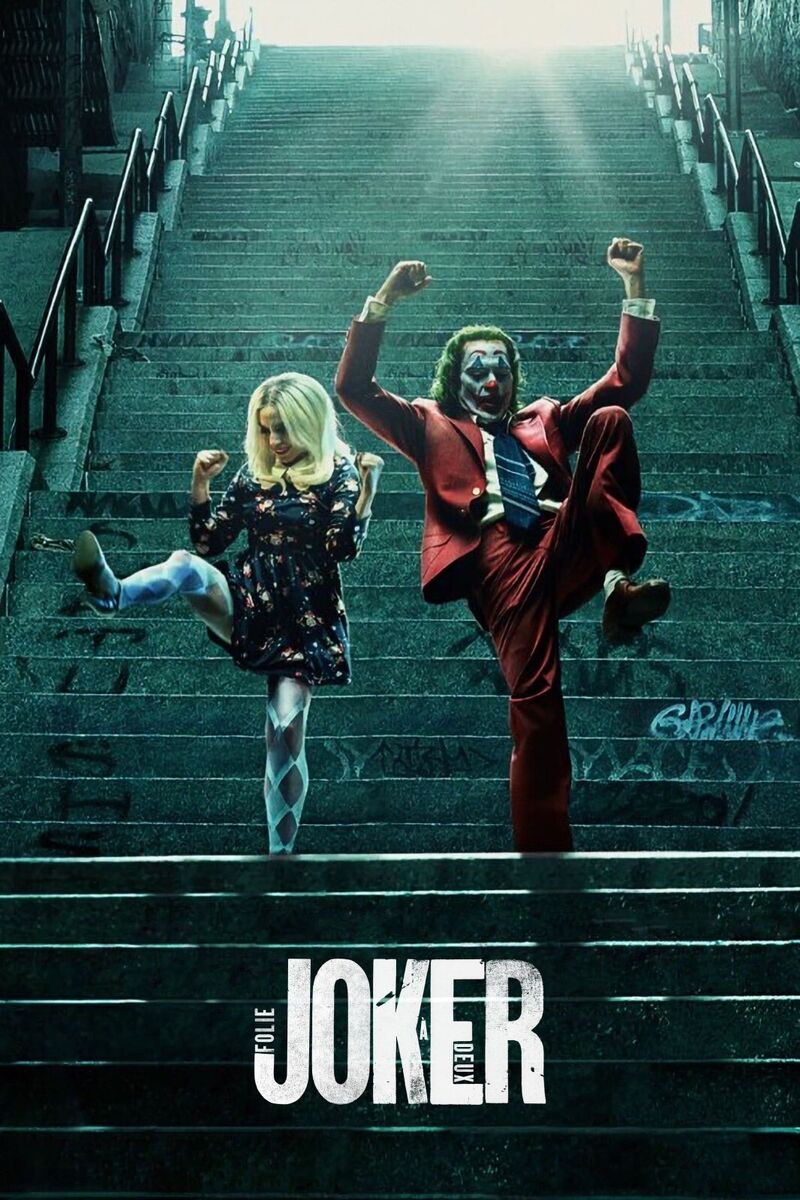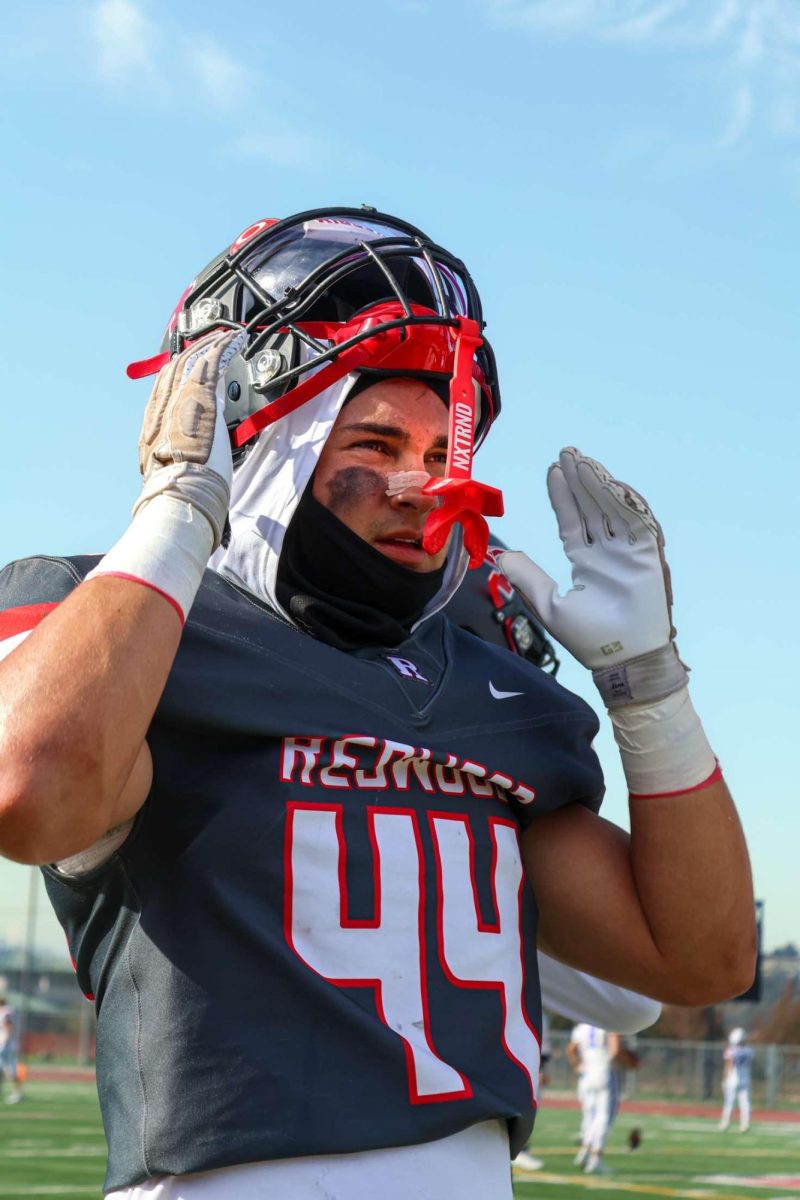“You’re wrong but you think you’re right—and that makes you dangerous.”
Although spoken by the innocent and naive Spiderman, these words ring alarmingly true. Marvel has a long history of making fictional worlds touch on the most current and prevalent issues, whether it’s racism in “X-Men” or addiction in “Jessica Jones.” Once again, “Captain America: Civil War” hits home with strong commentary on moral ambiguity and an emphasis on the human side of battle.
From the very beginning, it is clear that this movie isn’t just about superheroes, but about the humans behind the masks. The core of the conflict is between Steve Rogers (Chris Evans) and Tony Stark (Robert Downey Jr.). Steve Rogers refuses to sign his powers over to the UN and become another one of the government’s tools, while Tony Stark believes being controlled is the only way to protect civilians.
This was the hardest part of the plot for me to understand—the self-proclaimed “genius, billionaire, playboy, philanthropist” with a quick wit and suspicion of authority is not only willing to sign his freedom over to the UN, but willing to fight his friends who refuse to do the same? Later, Marvel makes a few excuses for why Tony makes this decision, but they aren’t fully convincing.

Despite numerous superheroes and a plethora of newcomers, “Civil War” isn’t bogged down by its multiple storylines and character arcs. In fact, each character brings something new to the table, making for a diverse range of perspectives and personalities.
At the center of the film is the bond between characters Bucky Barnes (Sebastian Stan) and Steve Rogers. Although there isn’t much of the two of them talking one-on-one, the entire movie seems devoted to the duo protecting each other, at all costs. Perhaps the movie isn’t a fight between Steve Rogers and Tony Stark, but a fight between Bucky Barnes and the Winter Soldier—is he a hero or a villain?
The movie blurs the line between right and wrong—there’s no right side and there’s no wrong side, and both Iron Man and Captain America are fighting for something they truly believe in, which makes the audience swivel from one team to the other. It was refreshing to see a movie that showed both sides of the conflict, instead of only one.
Although titled “Civil War,” the message of this movie can be applied to any conflict. There aren’t good guys and bad guys, just people fighting for what they believe in, motivated by family, friends and ego. Although obscured by bright costumes and visual effects, the message of the movie is really highlighting the uncertainty of human conflict.
This movie wasn’t about fancy speeches or huge fight scenes, but about the emotions behind each character’s actions. Tony’s attempt to persuade Steve Rogers to put down his shield isn’t filled with his normal flourish, but it is raw and hopeful.
“Civil War” went darker than any other Marvel movie has before. The speed of the fight scenes and the shaky cameras transported the audience into the fight, and even the music set a darker mood, almost eerie at times.
A mysterious tone was set from the very beginning, when we saw the Winter Soldier run a car into a tree and take items from the trunk, but we never saw the driver. Multiple questions float at once throughout the film, but they aren’t distracting or frustrating as they sometimes are. Instead, it almost felt as though the audience was putting the pieces of the puzzle together along with the characters themselves. It made the story feel more personal, as if the audience was in the movie itself.
But what really demonstrated the move away from light action movies to dark dramas were Tony Stark and Bucky Barnes. Sebastian Stan’s ability to express his self-hate simply through his words and Robert Downey Jr.’s subtle but striking expression changes carried the show’s two central themes—the good vs. evil sides of human nature and justice vs. revenge. There wasn’t a classic Loki-esque villain. The central “bad guy” was almost a background character to the real conflict in the movie between the protagonists.
At the end of the day, though, this was still an Avengers movie, and through the darkness and the hate, the producers somehow managed to keep the humor of the previous movies, particularly through the newest characters.
Despite the dark tone of the movie, the Marvel franchise retains its signature hopeful glint, which is a reassuring reminder to the audience that their favorite character, no matter their side, is still an Avenger.






